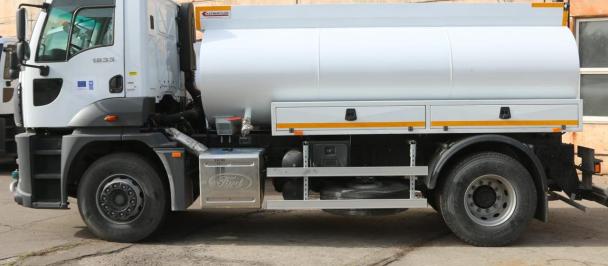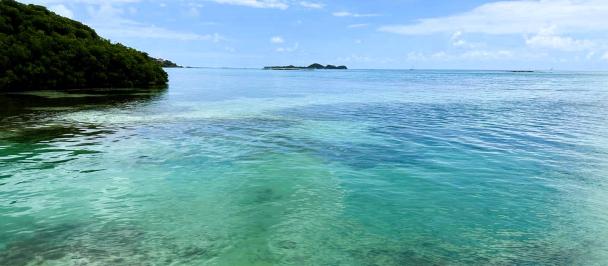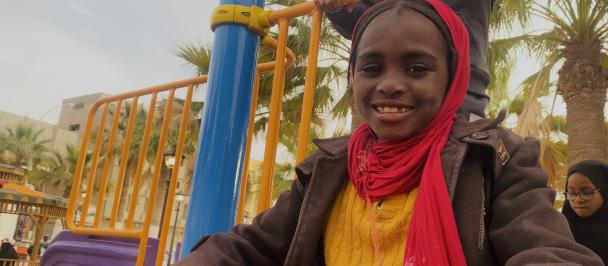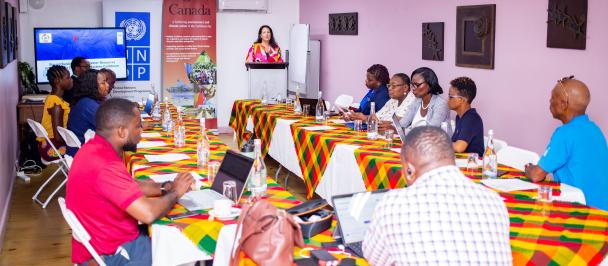Workshop on Estimation of Crop Water Requirements Based on Remote Sensing
April 30, 2024

On 1 April, UNDP in Armenia, jointly with the Water Committee of the RA Ministry of Territorial Administration and Infrastructure, organized a workshop to present and discuss the results of estimation of crop water requirements to support the update of irrigation norms in selected areas of Lori and Shirak regions under changing climate conditions.
The workshop was organized for the representatives of the Water Committee, Water User`s Associations (WUA), other governmental stakeholders and academic institutions in the scope of the “Transition to low carbon irrigation technologies for increased productivity, food security and enhanced livelihoods in Lori and Shirak regions of Armenia'' project, funded by the Government of Japan and implemented by UNDP.
The workshop was opened by Varazdat Mkrtchyan, Deputy Head of the Water Committee, and Armen Chilingaryan, UNDP DRM Programme Manager.
During the event, the results of estimation of water requirements for four main crops in Lori and Shirak regions - winter wheat, potato, alfalfa, and cabbage - were presented by Gevorg Afyan and Pakrad Balabanian, UNDP experts on irrigation norms. The main principles and methodology for updating irrigation norms were presented, including the localized GIS and remote sensing tools and artificial intelligence for regular monitoring and data updating processes.
Based on carried out estimation it was concluded that, considering all the advantages and disadvantages of the above-mentioned methods, the remote sensing approach should be considered acceptable and promising for the estimation of the crop water requirement at the local and regional scales. In order to increase the accuracy of estimation it was also recommended to carry out field monitoring throughout the growing season for a particular crop with involvement of local farmers, to have installed soil moisture sensors, to have installed agrometeorological station at the study area for recording the climatic parameters and carry out soil surveys for each field to measure the soil characteristics.
The report and recommendations were endorsed by Water Committee for further use and replication, with consideration of the specific need for strengthening of technological and professional capacities for utilization of suggested methodology and GIS and remote sensing tools.

 Locations
Locations



